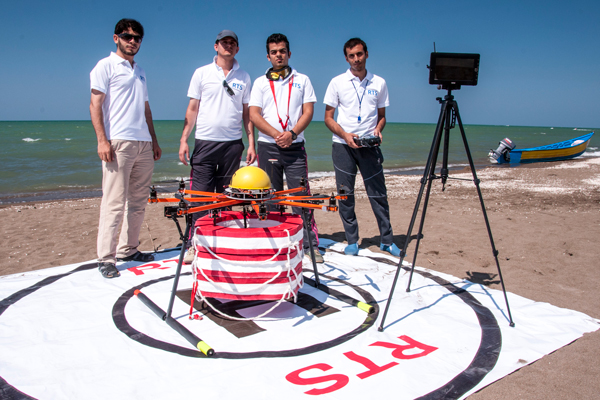|
The Industrial Internet of Things (IIoT) has emerged as a transformative force in the manufacturing sector, revolutionizing the way businesses operate and interact with their machines, processes, and data. By harnessing the power of connectivity, data analytics, and automation, the IIoT is driving unprecedented levels of efficiency, productivity, and innovation. At its core, the IIoT refers to the integration of physical devices, machinery, and sensors with internet connectivity, allowing them to collect and exchange data in real-time. This interconnected network enables manufacturers to gain valuable insights into their operations, optimize performance, and make data-driven decisions. One of the key advantages of the IIoT is its ability to enhance predictive maintenance practices. By continuously monitoring equipment performance and collecting data on factors such as temperature, vibration, and energy consumption, manufacturers can proactively identify potential issues and schedule maintenance before costly breakdowns occur. This approach minimizes unplanned downtime, reduces repair costs, and maximizes overall equipment effectiveness. Furthermore, the IIoT facilitates the implementation of smart manufacturing systems, where machines and production lines are interconnected and communicate seamlessly. This enables real-time coordination and synchronization of processes, improving operational efficiency and ensuring maximum utilization of resources. Manufacturers can achieve greater flexibility and agility in their production operations, quickly adapting to changing customer demands and market dynamics. Data analytics plays a crucial role in extracting meaningful insights from the vast amounts of data generated by the IIoT. Advanced analytics techniques, such as machine learning and artificial intelligence, can be applied to identify patterns, anomalies, and correlations in the data. These insights enable manufacturers to optimize their processes, reduce waste, improve quality control, and drive continuous improvement initiatives. Security is a paramount concern in the IIoT landscape, given the interconnected nature of devices and the sensitive nature of industrial data. Robust cybersecurity measures, including encryption, authentication, and access control, must be implemented to protect against potential cyber threats. Manufacturers need to invest in secure communication protocols and regularly update their systems to stay ahead of emerging vulnerabilities. The IIoT also offers new business opportunities and revenue streams for manufacturers. By leveraging real-time data and analytics, companies can develop innovative services and solutions, such as remote monitoring, predictive maintenance-as-a-service, and performance optimization consulting. These value-added offerings not only generate additional revenue but also deepen customer relationships and foster long-term partnerships. In conclusion, the Industrial Internet of Things is transforming the manufacturing sector, empowering businesses with actionable insights, improved efficiency, and enhanced operational capabilities. By embracing the IIoT, manufacturers can gain a competitive edge in the digital age, drive innovation, and unlock new growth opportunities. However, it is crucial to address challenges related to security, interoperability, and talent acquisition to fully realize the potential of the IIoT. With continued advancements in technology and collaboration across industries, the future of manufacturing looks increasingly connected, intelligent, and efficient.  |
